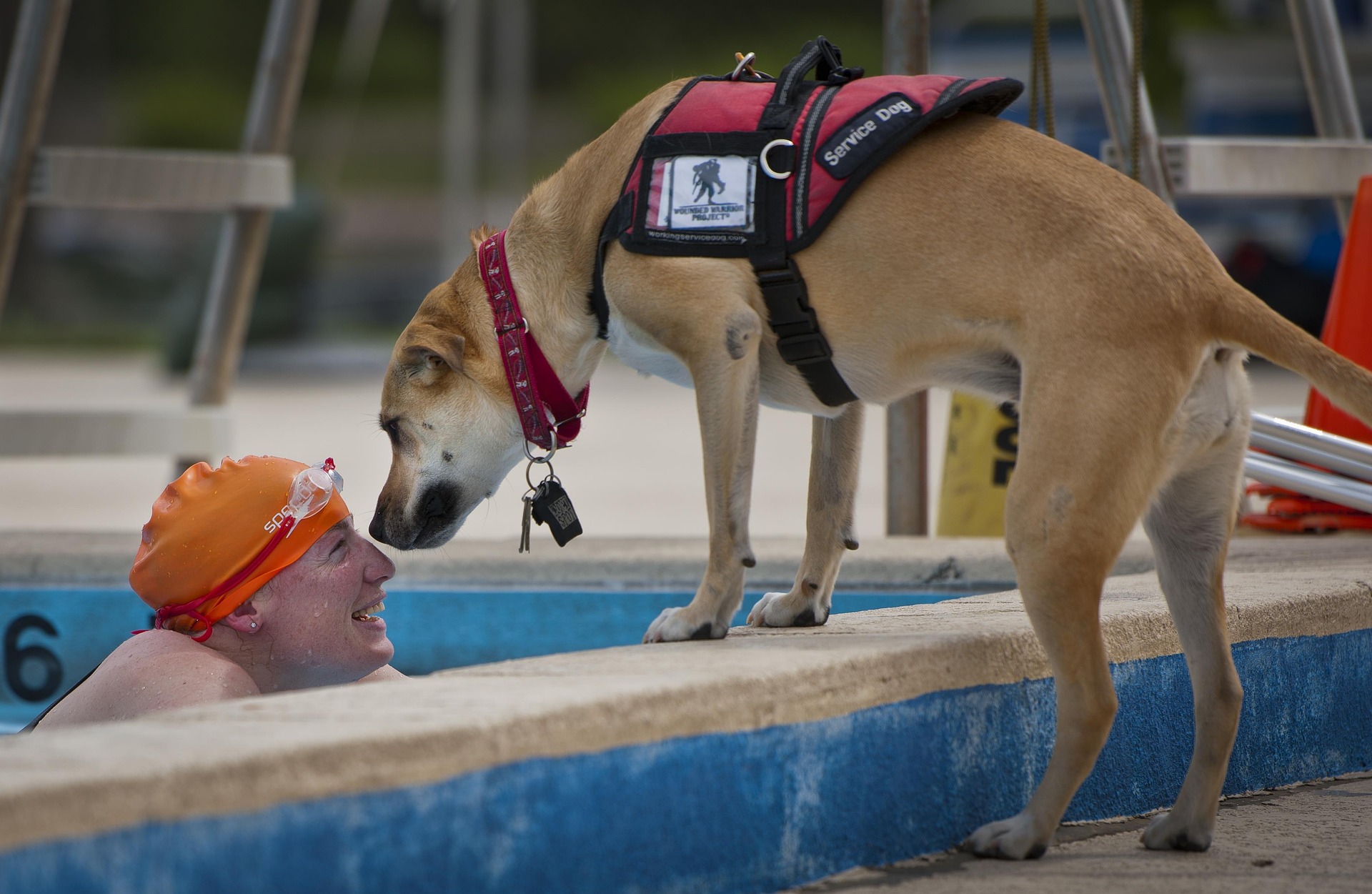
[Pixabay]
The Royal Canadian Legion and other advocates have pushed for national standards, saying they are essential in making trainers more accountable, ensuring the safety of veterans and dogs and strengthening public trust in service animals.
Ontario Command put funding for psychiatric service dogs on hold in 2015 pending development of national standards. It has since begun allowing it again.
“With no consensus on a national standard for all service dogs, we will be moving forward with a standard specifically for psychiatric service dogs,” said Veterans Affairs Minister Seamus O’Regan.
“We’re working to put in place standards, rapidly, so that veterans have access to properly trained psychiatric service dogs,” adds the VAC website. VAC had earlier said it would hold off rolling out a federal service dog program until standards were established, despite the success of a pilot study it sponsored in which veterans with post-traumatic stress disorder were matched with service dogs.
The first phase of the study at Laval University found that service dogs had a positive impact on veterans, relieving depression and sleep problems as well as anxiety about going out into the community.
It noted that not all dogs can be service dogs, and underlined the importance of calm and obedient behaviour.
A report on the second phase of the study, due in July, will address longer-term impact, including veterans’ medication usage, social health and physical activity. As well, it will include service dogs’ impact on caregivers.
National standards for training are important because an inappropriately trained animal may be harmful to veterans’ rehabilitation. As well, veterans and service organizations who buy service animals need to know they have been properly trained.
The public needs to know it too, as false service dogs are a growing problem. Some owners buy service dog vests for their pets so they can take them into restaurants, hotels and on public transport, to access priority seating fraudulently or to avoid paying fares for the animal on public transportation.
Unlike properly trained service dogs, these untrained or poorly trained animals may bark, jump up on people, relieve themselves in public—even attack other dogs.
Once a national standard is set, veterans can carry certification for their properly trained service dogs, making it harder for fraudsters—both owners passing off their pets as service animals and trainers whose dogs are not trained to the acceptable standard—to continue.
Advertisement





















